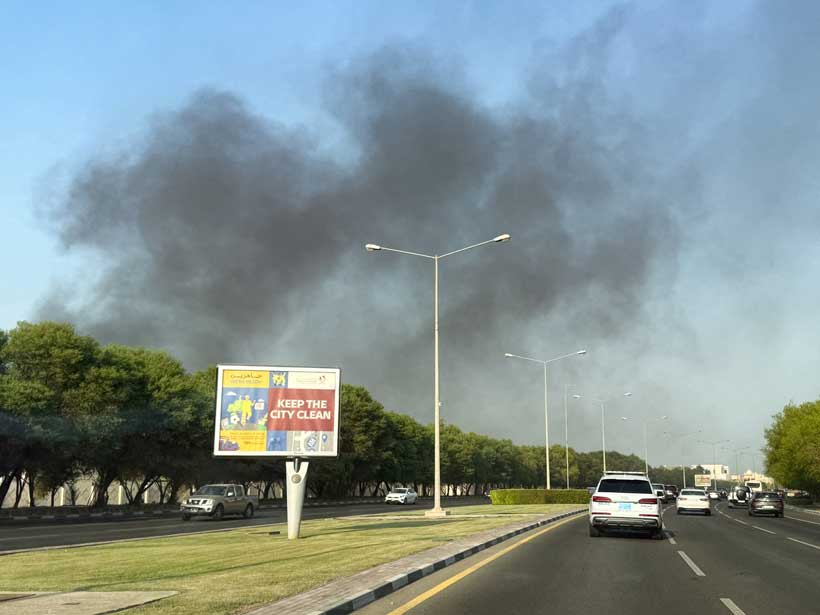Background
Israel’s bombing of Qatar has inflamed tensions with Arab states, reviving decades of hostility rooted in wars, peace deals, and unresolved disputes since Israel’s creation in 1948. The Gaza conflict and Israeli strikes across the region have already strained fragile relations.
What Happened
Arab states are meeting to respond after Israel’s strike on Qatar, a Gulf monarchy and member of the GCC. This attack adds to a history of wars with Egypt, Jordan, Lebanon, and Syria, as well as peace treaties like the 1978 Camp David Accords with Egypt and the 1994 agreement with Jordan. Recent normalisation moves under the Abraham Accords with the UAE, Bahrain, Morocco, and Sudan are now under pressure.
Why It Matters
The strike risks undermining fragile Arab-Israeli ties, particularly Gulf cooperation built on shared concerns about Iran. It may also derail Saudi Arabia’s gradual steps toward normalisation, reversing years of U.S.-backed diplomacy. The episode adds further instability to an already volatile Middle East, where the Gaza war continues to fuel anger across Arab populations.
Stakeholder Reactions
Egypt: Strongly condemned any suggestion of relocating Gaza’s population to Sinai.
Jordan: Public anger remains high over Israeli treatment of Palestinians.
UAE: Faces domestic and regional pressure to reconsider its 2020 normalisation agreement.
Saudi Arabia: Signalled that prospects for a deal with Israel are now “dimmer than ever.”
Syria & Lebanon: Relations remain openly hostile, with Hezbollah still Israel’s key border adversary.
What’s Next
Regional diplomacy is expected to intensify, with Arab states likely uniting in stronger opposition to Israel. The U.S. may attempt damage control to prevent a collapse of the Abraham Accords. Meanwhile, the risk of escalation across multiple fronts, Gaza, Lebanon, Syria, and now the Gulf remains high, threatening broader instability in the Middle East.
with information from Reuters

